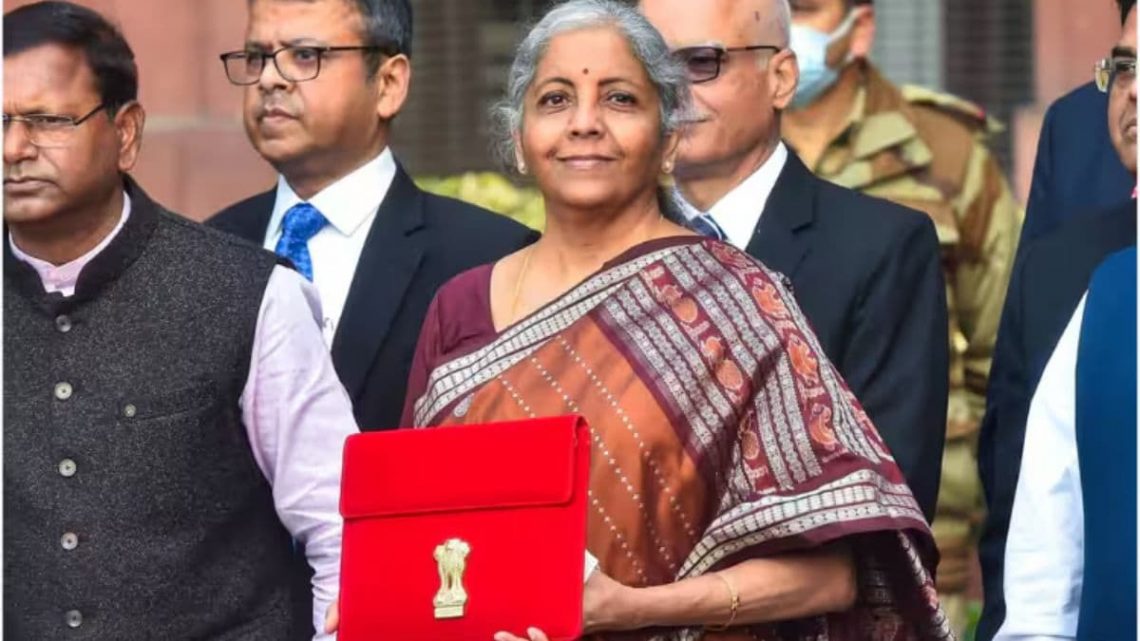Ahead of the Budget 2025-26, there are expectations for the simplification of the tax deducted at source (TDS) regime.
The concept of TDS was introduced with the aim to collect tax at the very source of the income for specific types of payments such as rent, professional fees, sale of property, etc. The person receiving the money has to pay TDS to the government.
Even though Sitharaman in Budget 2024-25 harmonised TDS on some transactions at 2 per cent and decriminalised delays in TDS payments, there continue to be several complications.
In an article for The Times of India, Prachi Kulkarni of EY India noted that
There are more than 30 sections prescribing TDS rates that have a vast range of 0.1-30 per cent. There are also multiple rates for similar types of transactions. For example, there is 0.1 per cent TDS on sale of goods, 1-2 per cent on contract payments, 5 per cent on insurance commission, 10 per cent on dividend and interest, and 30 per cent on lottery winnings and cryptocurrency gains.
For technical services, the rate is 2 per cent but it is 10 per cent for professional services.
Kulkarni said the solution to avoid misunderstanding and filing delays out of such a complicated taxation structure is simplification of the TDS regime and boiling down the current multi-tier rate structure to just three-four rates.
“This, coupled with eliminating redundant provisions, would alleviate administrative burden, allowing businesses, particularly small and medium enterprises, to focus on growth and innovation,” noted Kulkarni.
Separately, Divya Baweja, a partner at Deloitte, said that the industry expects simplification for non-resident Indian (NRI) property-buyers.
Currently, buyers have to pay 1 per cent as TDS on the purchase of property for Rs 50 lakh or more. The TDS is higher for NRIs and they are also required to get a Tax Deduction and Collection Account Number (TAN).
While the purchase and sale of the property is not a recurring transaction, obtaining TAN solely for the mentioned purpose may result in more inactive TANs, noted Baweja.
To address this issue, the TDS process for NRIs selling property may be eased by introducing these challan-cum-statements similar to those applicable for a resident seller, noted Baweja.
Link to article –
Budget 2025-26: Will Sitharaman ease TDS for businesses, how is TDS regime complicated?

